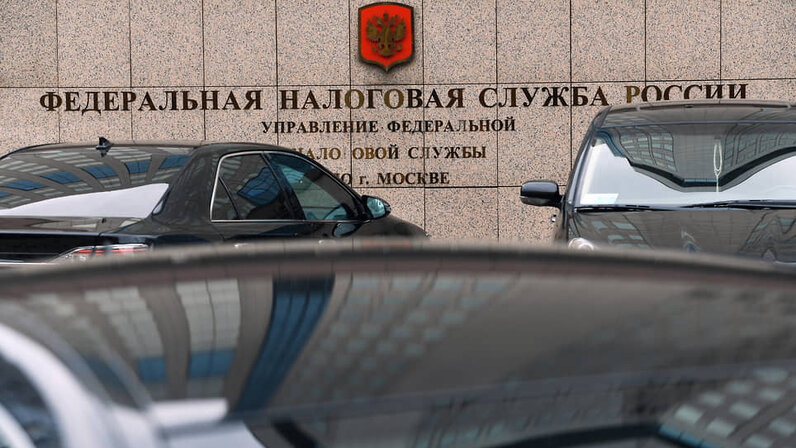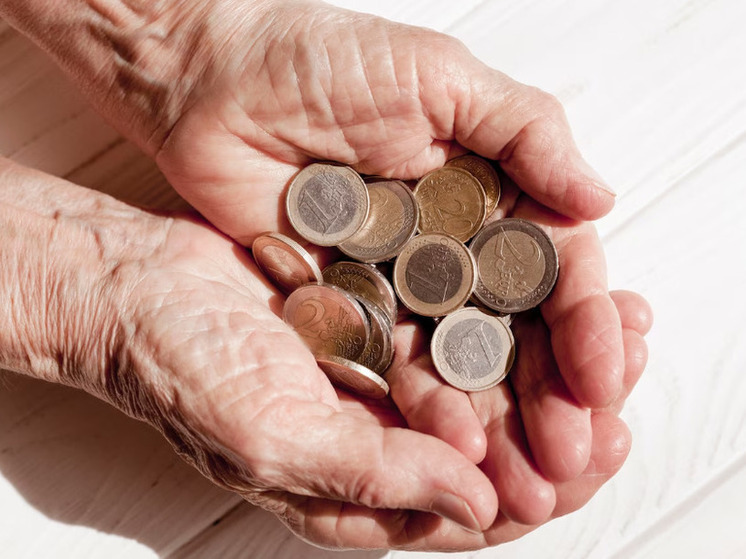
Recent discussions among experts have unexpectedly raised the possibility of taxing pension payments in Russia. While no officials are advocating for this, acknowledging the financial struggles of retirees, the topic has surfaced. The growing budget deficit and declining state revenues seem to fuel such ideas, prompting even State Duma deputies to publicly deny this unpopular initiative. To provide clarity, we sought expert opinions on the matter.

The Russian Tax Code currently does not stipulate that pension recipients should pay personal income tax. A veteran, having worked for years, has already paid their dues to the state. Therefore, they are entitled to a peaceful and secure old age. Monetary authorities state that the pension budget is relatively stable. Last year, the Social Fund received 13.5 trillion rubles, with 6 trillion coming from insurance contributions and the rest from the federal budget transfer. On the surface, nothing seems to threaten the current system.
However, a crucial point is that this year`s budget deficit is projected to be significantly higher than initially forecast, increasing from 0.5% to 1.7% of GDP. Revenues are decreasing, while expenditures are rising. The question is, where will the funds come from to cover the federal treasury`s shortfall and finance social programs?
Heavy reliance on the National Welfare Fund is not feasible; its liquid portion has significantly decreased and could be depleted by the end of the year.
Despite experts reassuring that pensioners have nothing to worry about, hypothetical calculations are being made. How much poorer would a retiree become if their pension were taxed at just 10%? Russia has approximately 42.5 million pensioners. As of early 2025, the average monthly state retirement pension was 23,449 rubles. Taking a tenth of this amount for the budget would cost retirees about 2,500 rubles per month – a very significant sum for them.
Meanwhile, in many countries around the world, pensions are considered income similar to salaries and are subject to deductions. For example, in Estonia, there is an upper limit for the state pension of 192 euros per month. If a retiree receives more than this amount, the excess is taxed as income. A similar system exists in some other countries, including European ones, with variations in pension levels and contribution percentages.
Could such a practice take root in our country? The simple logic is: if pensioners in many countries continue to support the state financially, why not use this experience in Russia?
Lyudmila Ivanova-Shvets, Associate Professor at the Department of Human Resources Management at Plekhanov Russian University of Economics, believes that while anything is possible in life, this specific scenario is highly unlikely.
«A pension is a social payment,» she explains. «It is not income; it is money earned by the pensioner from which they have already paid taxes. Yes, there are some countries where pensions are taxed – they have different multi-part pension systems. These systems consist of different components: state, funded, corporate from employers. Taxes might be levied on the funded or corporate parts. When China was establishing its pension system, their representatives came to Russia for expertise; I conducted seminars. They asked if we taxed pensions. No, of course not. Russia is a social state, and social benefits here are not taxed.»
Dr. of Economic Sciences Alexey Zubets shares this view.
«All this talk and discussion is complete nonsense,» he says. «A pension is not considered income, so it cannot be subject to income tax. It is not a person`s earnings from some activity, but money they earned in a previous period and from which they paid taxes. There is no subject of taxation here.»











